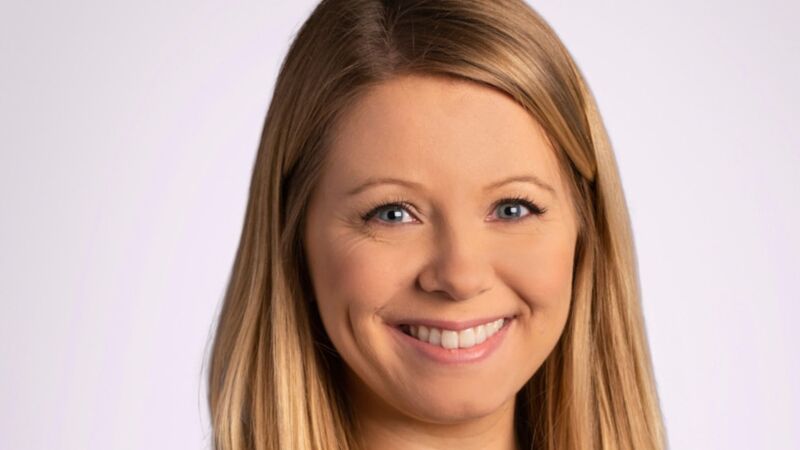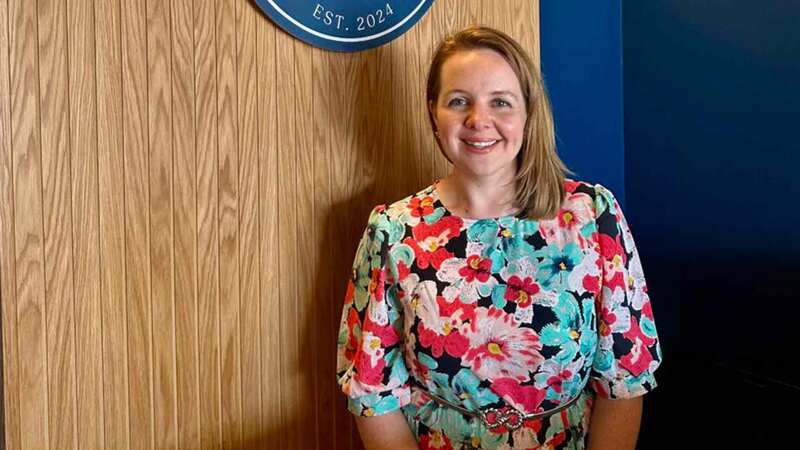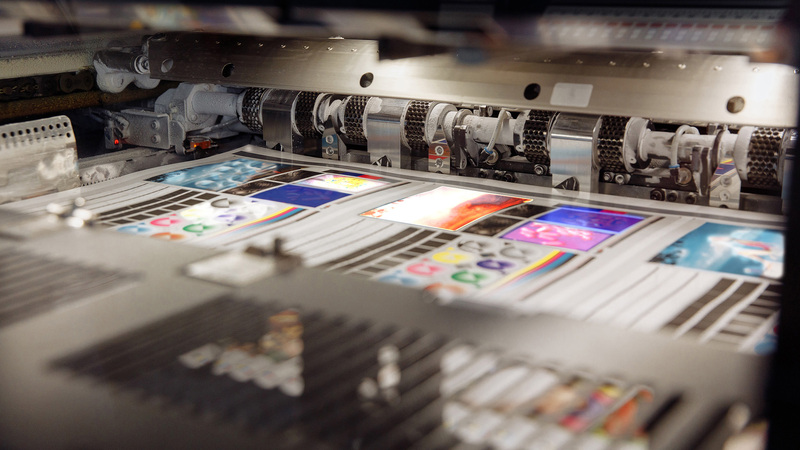You are viewing your 1 free article this month. Login to read more articles.
Time to listen
There are many benefits to audiobooks, including a lower environmental impact compared to other publishing formats.
Whether you have introduced Meatless Mondays or gone hybrid on the roads, many of us are looking at how we can reduce our impact on the environment and make our daily lives more sustainable. So what about when it comes to how we read?
At Manchester University Press (MUP), we care about sustainable publishing practices, so we are thinking about what we do as well as how we do it, and we know many readers are interested in being responsible consumers when it comes to books.
The environmental advantages of e-books are clear—with no paper, printing and shipping required, digital books place much less of a burden on the planet’s resources. And if you listen to an audiobook, you’re already winning!
If you listen to an audiobook, you’re already winning! Audiobooks race into the lead for having the lightest carbon footprint in publishing.
Audiobooks race into the lead for having the lightest carbon footprint in publishing, as you will most likely be listening to them on a phone or laptop you already own, so no additional raw materials or energy to manufacture a bespoke device are needed.
Let’s go even further; have you considered these aspects of production and usage that make audio a sustainable reading choice?
- Audio can be a great option for users with print or visual disabilities, enabling content to be accessible in an alternative format without requiring specific technology tools or devices.
- Libraries do audiobooks too! And by borrowing an audio title rather than keeping it forever, that ultimately means less digital file data being hosted on global servers. Check out BorrowBox or your local library website for more.
- Audiobook production has become increasingly sustainable since the pandemic, as narrators and producers have portable recording set-ups and can frequently work remotely, so the energy and resources needed to keep studios running, and for people to travel to them, is reduced, if not completely eliminated.
MUP works with audiobook producer Sound Understanding on many of our titles. SU publicist Thérèse Barton says that sustainability is a key part of its production process: “Covid called for more agility in our approach, and the majority of our audiobooks continue to be produced remotely, often with each contributor working in a different location. This helps keep a very low carbon footprint for our projects.
“The remarkable growth in the audio market has come about because it fills a need for immediately accessible content, and at the same time enables hard-pressed consumers to multi-task or simply enjoy an alternative way of accessing a book. In an increasingly eco-conscious environment, the benefits and sustainability of audio will surely continue to drive its success.”
MUP’s audiobook programme has so far focused largely on our trade list. We recently published the audio edition of David Whyte’s Ecocide: Kill the Corporation Before it Kills Us, and it is an important listen for anyone concerned with the climate crisis. In it, Whyte firmly places big business at the heart of the planet’s problems and shows, “categorically, that we will not survive if we continue to allow corporations to occupy a central role in the economy”.
Looking to the future, MUP is keen to explore the potential for audio in universities. We are working with academics, students and audio production companies to see how audio coursepacks could be integrated into teaching and learning as a flexible, accessible and sustainable resource for study. Watch this space to see what we come up with.
MUP is committed to the UN’s Sustainable Development Goals as part of our social responsibility strategy, and I’m proud that our audiobook programme makes important contributions to number 12: Responsible Consumption and Production.
Why not try an audiobook next time you are looking for a simple way to lighten your carbon footprint?
Ecocide: Kill the Corporation Before It Kills Us (Manchester University Press) by David Whyte is out now in audiobook format, as well as in paperback and e-book editions.



















